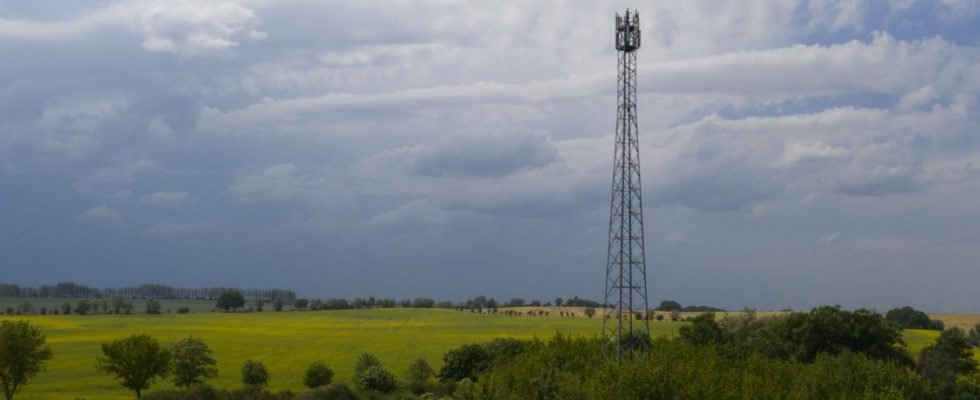What crazy times and what a crazy sum: in 2000, the auction of radio frequencies for the first halfway usable mobile internet generated a good 50 billion euros. Meanwhile, 3G or UMTS, as it was also called, has long since been switched off. But the mobile phone providers lacked the money that was raining down on the state at the time, and so there are still areas in the republic where there is either no mobile phone network at all, only one, or where no reasonable data traffic is possible. Probably because complaints about this are piling up, the Federal Network Agency, the regulatory authority responsible for this, is now deviating from usual practice. There should be no new auction for frequencies whose usage rights expire in 2025. Rather, the usage rights should be extended.
As far as eliminating dead spots goes, that’s good news. Because the providers do not receive the usage rights for free. Rather, you must commit to complying with strict requirements. And they ensure that the dead spots, which exist especially in sparsely populated areas, are significantly reduced. “We want to put better mobile phone coverage in rural areas at the center of our requirements,” said authority boss Klaus Müller. Network quality and data reception should also improve significantly along larger roads such as federal and state highways.
There was also a technical reason for the Federal Network Agency’s move. Because the so-called spectrum of frequencies that is available would probably not have been enough for four good networks. So far, the frequencies are used by three operators – Telekom, Vodafon and Telefónica/O2. If there were an auction about who could use which frequencies from 2026 onwards, the newcomer 1&1 would also take part. So there would be four companies bidding, one of which would come away empty-handed – this would then have very bad cards on the market because its network quality would be low.
As a result of the extension now proposed, 1&1 will not have its own frequency spectrum. However, since the company is allowed to use the Vodafone network, as recently agreed between the two companies, this is of secondary importance from the authorities’ point of view. By foregoing an auction, the network agency is accommodating the established telecom companies. They had repeatedly spoken out against an auction because the money spent on expanding the networks was not available.
Markus Haas, CEO of Telefónica Deutschland, commented on the proposal as a “breakthrough”. Newcomer 1&1, however, had a different opinion. Nothing has been decided yet. Initially, those involved have until the beginning of November to submit their statements to the Federal Network Agency. The authority will make a final decision at the beginning of 2024.

